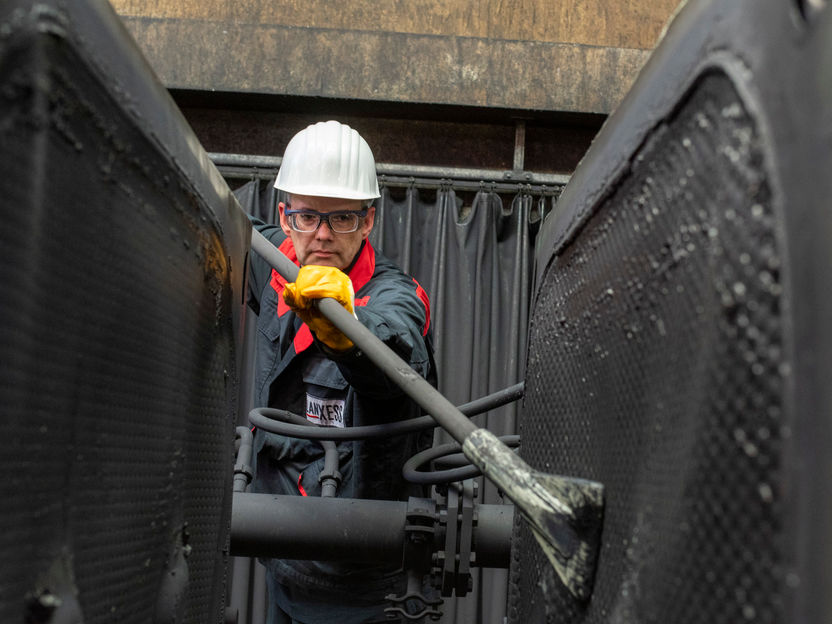Ultra-low temperature freezing of research material
In partnership with the Dutch company B.E.R.G. Koudetechniek & Klimaatbeheersing, Wageningen UR (University & Research centre) has designed and constructed an entirely new type of facility for the storage of research material at the ultra-low temperature of -80°C. This facility, named ‘Radix Polaris’, will produce annual savings of 200,000 kWh of electricity and makes freezing and maintaining the temperature of valuable research material safer, cheaper and more sustainable, compared to ‘stand-alone’ conventional -80°C freezers.
Businesses, universities and other organisations make use of many ‘stand-alone’ -80°C ultra-freezers to store biological research material, such as tissue and DNA. These ultra-freezers consume by far the most energy in the lab. Each one uses the same amount of energy as two households. In addition, a power failure can be disastrous for the material stored inside these ‘stand-alone’ ultra-freezers as their temperature rises very quickly. Furthermore, ultra-freezers are expensive to purchase and maintain.
For these reasons, Wageningen UR took the decision to build a new facility, in partnership with B.E.R.G., which consumes less energy and is safer. The facility consists of a cold room containing two highly insulated -80°C deepfreeze units of 12 metres in length, two metres in width and 80 cm in height. The compressors and condensers are situated in an adjoining room, where the heat dissipated is re-used. The capacity of the two deepfreeze units is equal to that of 36 conventional -80°C ultra-freezers. A pulley system is used to extract research material from the units.
The facility will produce annual savings of 200,000 kWh of electricity, which is equivalent to the average energy usage of 80 households. This represents a saving of 80% in comparison with the use of standard ‘stand-alone’ ultra-freezers. The valuable material contained in the units is also better protected. In the case of a power failure it takes five days for the material to reach deterioration temperatures, which should be ample time to get the power back on line. Biological material is therefore safer in the new storage facility than in stand-alone freezers. Maintenance costs are also lower and space is saved.
Arjo Meijering, project leader at Wageningen UR: “Radix Polaris is something special and no such facility has been built to date. It is a simple idea but also radically different to current practice. Although no one was able to predict whether it would work the enormous potential advantages helped us decide to take the leap.” Meijering expects Wageningen UR, along with other organisations and companies, to replace more -80°C freezers with similar facilities to Radix Polaris in the future.
Organizations
Other news from the department science

Get the chemical industry in your inbox
By submitting this form you agree that LUMITOS AG will send you the newsletter(s) selected above by email. Your data will not be passed on to third parties. Your data will be stored and processed in accordance with our data protection regulations. LUMITOS may contact you by email for the purpose of advertising or market and opinion surveys. You can revoke your consent at any time without giving reasons to LUMITOS AG, Ernst-Augustin-Str. 2, 12489 Berlin, Germany or by e-mail at revoke@lumitos.com with effect for the future. In addition, each email contains a link to unsubscribe from the corresponding newsletter.



























































